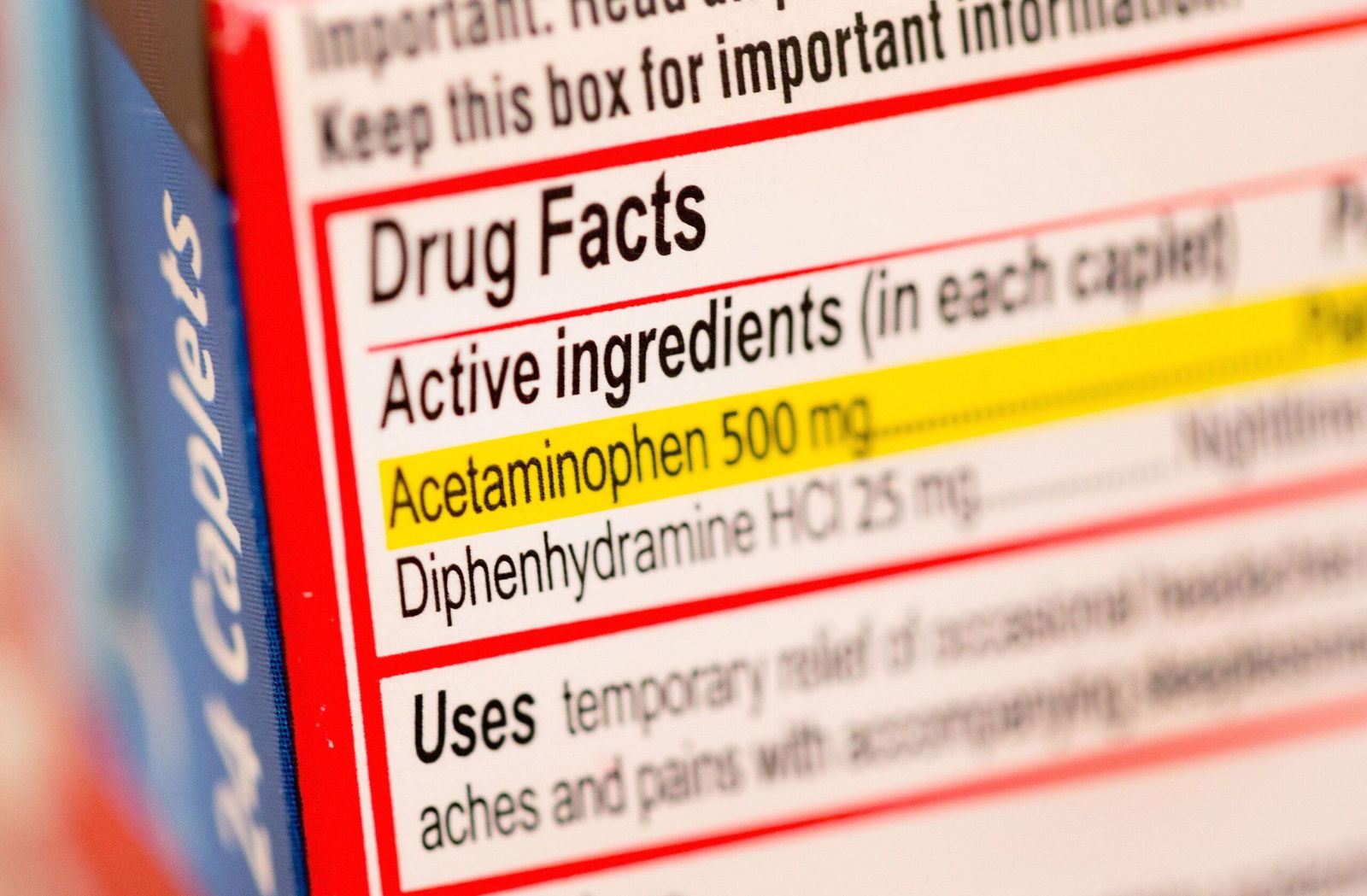Trump links autism to acetaminophen use during pregnancy, despite decades of evidence it’s safe

By Jen Christensen, Katherine Dillinger, Meg Tirrell, CNN
(CNN) — President Donald Trump announced Monday that the US Food and Drug Administration will be notifying physicians that the use of acetaminophen during pregnancy “can be associated with a very increased risk of autism,” despite decades of evidence that it’s safe.
“They are strongly recommending that women limit Tylenol use during pregnancy unless medically necessary,” such as to treat fever, “if you can’t tough it out,” Trump said.
Experts say autism is caused by multiple factors, and the science concerning the connection between Tylenol use during pregnancy and autism is not settled.
Acetaminophen has been considered the only safe over-the-counter option for pain or fever for pregnant people. Other common pain relief options like ibuprofen or regular-dose aspirin can increase the risk of serious complications during pregnancy. Not treating a fever can also be dangerous for both the fetus and the pregnant person.
Speaking from the Oval Office alongside US Health and Human Services Secretary Robert F. Kennedy Jr., US Food and Drug Administration Commissioner Dr. Marty Makary, US National Institutes of Health Director Dr. Jay Bhattacharya and US Centers for Medicare & Medicaid Services Administrator Dr. Mehmet Oz, Trump did not keep his remarks to Tylenol during pregnancy. He advocated for breaking up childhood vaccinations and even pushing back the hepatitis B shot for newborns — a public health strategy that brought the infection in children to the brink of elimination — to age 12.
It’s “too much liquid, too many different things are going into that baby,” Trump said, without providing further evidence.
Extensive research has shown that there’s no link between vaccines and autism.
Trump thanked Kennedy for bringing autism to the “forefront of American politics, along with me.” Kennedy, a longtime anti-vaccine activist, has promoted discredited theories that vaccines cause autism.
“We understood a lot more than a lot of people who studied it,” Trump said.
However, the messages from Kennedy and the FDA on Monday were more moderate than Trump’s repeated warnings not to take Tylenol during pregnancy or give it to babies. The FDA’s letter to physicians says “a causal relationship has not been established” between Tylenol and autism, and “there are contrary studies in the scientific literature.”
Kennedy said HHS would launch a public service campaign to inform families and protect public health, and it would “encourage clinicians to exercise their best judgment” for acetaminophen use during pregnancy.
Tylenol maker Kenvue said earlier this month that it had engaged in a “scientific exchange” on the issue with HHS officials, and urged pregnant women to speak with their health care provider before taking any over-the-counter medication.
“Acetaminophen is the safest pain reliever option for pregnant women as needed throughout their entire pregnancy,” the company said in a statement Sunday. “Without it, women face dangerous choices: suffer through conditions like fever that are potentially harmful to both mom and baby or use riskier alternatives.
“The facts are that over a decade of rigorous research, endorsed by leading medical professionals and global health regulators, confirms there is no credible evidence linking acetaminophen to autism. We stand with the many public health and medical professionals who have reviewed this science and agree.”
Oz said the FDA is approving prescription leucovorin — a high-dose calcium folinic acid typically used to treat cancer patients during chemotherapy — for treatment of autistic children.
The FDA is also restoring the formerly withdrawn approval of Wellcovorin, a branded version of leucovorin made by GSK, according to a post on the Federal Register.
The FDA asked GSK to file a new application to add data on cerebral folate deficiency (CFD), a condition in which there is a low level of folate in the cerebrospinal fluid, the fluid that surrounds the spinal cord and brain.
The number of people diagnosed with autism has been increasing. About 1 in 31 kids were diagnosed with autism spectrum disorder by age 8 in 2022, up from 1 in 36 in 2020, according to the US Centers for Disease Control and Prevention. In 2015, it was 1 in 68 children.
Experts believe there are a few reasons for this increase. The psychiatric community broadened its definition of autism in 2013, and there has been increasing awareness of symptoms and acceptance of the diagnosis, so parents are not as reluctant to seek help. There’s also been a concerted effort to screen more young children for autism since early intervention can significantly improve a child’s symptoms and skills long-term.
Experts say the cause of autism is multifactorial.
Just as there are multiple genes involved in different cancers, at least 100 genes are involved in autism, according to Dr. Peter Hotez, a pediatrician who co-directs the Center for Vaccine Development at Texas Children’s Hospital. Claiming that there is one “smoking gun” that can cure or even cause autism would be irresponsible, he said
“So for every different autism gene, there’s really a different form of autism, and it’s unlikely that a single unifying chemical agent is going to be able to address even a small proportion of those 100-plus autism genes,” Hotez, who has a daughter with autism and has written a book about the condition, told CNN on Monday.
“Look, I say this as the parent of a child with autism: You want a simple answer, right? But what is so clear is that there is not always a simple answer,” he said. “There are so many things to consider, and it is very hard to pin down.”
This is a breaking news story and will be updated.
The-CNN-Wire
™ & © 2025 Cable News Network, Inc., a Warner Bros. Discovery Company. All rights reserved.



